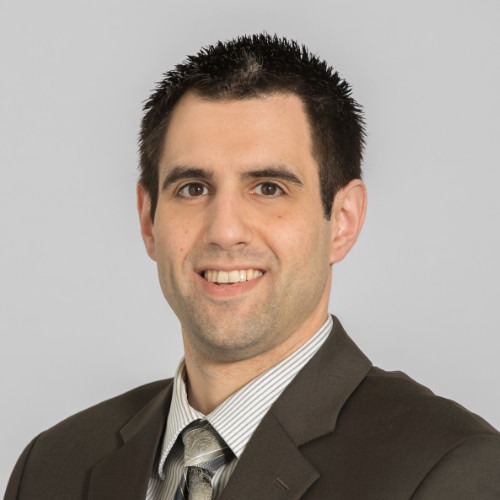How will post-acute providers get paid in ACOs?
Accountable Care Organizations are one of the hottest topics within healthcare circles right now. That much is not debatable, as hospitals and physicians have been priming themselves for quite some time for a new world of seamless care delivery.
Lowering costs and raising healthcare quality are the two drivers behind the idea for ACOs—wonderful ideas, for sure, but how can long-term care get in on the action? “The evolving ACOs haven’t even begun thinking of us yet,” said Andy Edeburn, director of project management for Health Dimensions Group, during a breakout session today at the LeadingAge Future of Aging Services Conference in Washington, D.C. “Their primary focus is on the frontend.”
While hospitals and physicians figure out their logistics, long-term care operators must certainly be wondering how, if they are indeed part of ACOs, will they get paid? Edeburn offered two possibilities:
● First, it could be through a shared savings program like the other providers in an ACO will be paid by. However, this is unlikely, Edeburn says, as it will be difficult to assess, for example, what a skilled nursing facility’s contribution to the ACO actually is.
● The second and more likely option, according to Edeburn, is a bundled payment process in which “an ACO is going to view you as a contracted organization.” In that respect, the ACO will be “nothing more than ‘another payer’” to post-acute care, he says.
Despite his estimations, Edeburn confessed that it is still too early to determine how skilled nursing facilities and other post-acute providers will share in the savings. Yet, because ACOs must hit within 65 different quality measures, the role of post-acute providers will be essential if an ACO expects to get paid any money. For instance, more than 37% of Medicare fee-for-service patients use post-acute care, and that number is expected to rise as different care needs, such as cardiac rehabilitation, are handled within these facilities.
At the end of the day, however, this is still all theoretical discussion. Just how many ACOs will be formed in the early years remains a mystery. What is known, Edeburn stressed, is if post-acute providers want to be a part of ACOs, they must be committed to improving data and record keeping practices—much like hospitals and physicians have to work on—to prove that they provide quality care. And they must do this even if they do not want to participate in ACOs, as hospitals and physicians will have set the bar so high in this regard that patients and families will expect as much when they land on your doorstep and in your beds. “Data is going to drive our futures as aging services providers,” he concluded.

Kevin Kolus wrote for I Advance Senior Care / Long-Term Living when he was an editor. He left the brand in 2012. He is now senior communications manager at Cleveland Clinic.
Related Articles
Topics: Articles











